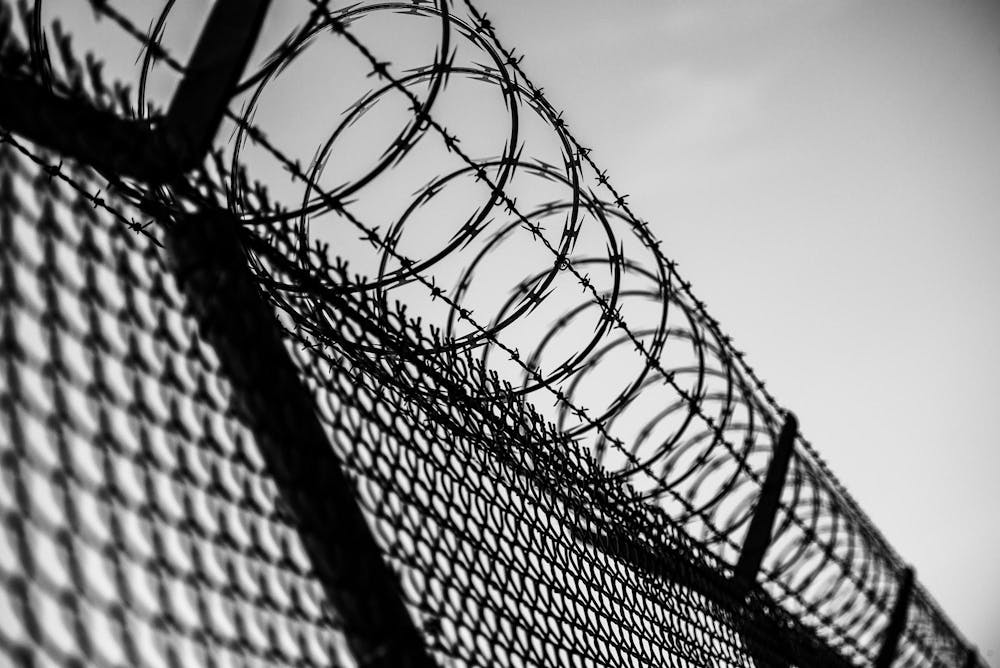President Joe Biden signed an executive order Jan. 26 — “Reforming Our Incarceration System to Eliminate the Use of Privately Operated Criminal Detention Facilities” — as an extension of his plan for racial equity.
The order was created to ensure the attorney general of the U.S. does not renew any Department of Justice contracts with privately operated prisons. This is intended as a step toward reducing the number of individuals incarcerated in the U.S.
In 2018, the cost of incarceration fee for federal inmates was between $34,000 and $38,000 per inmate.
[Related: OPINION: Indiana legislators benefit from private prisons that harm every Hoosier]
Incarceration can impede employment and marriage prospects and increase poverty and behavioral problems in children, according to an article published by the Prison Policy Initiative.
“To decrease incarceration levels, we must reduce profit-based incentives to incarcerate by phasing out the Federal Government’s reliance on privately operated criminal detention facilities,” Biden wrote in the order.
He also addressed how communities of color are the most impacted by the system of incarceration.With more than two million people incarcerated in the U.S., Black and Brown people are disproportionately imprisoned compared to white people.
In 2018, Black Americans represented 33% of the prison population while only making up 12% of the entire U.S. population, according to an article by the Pew Research Center. Incarcerated white people made up 30% of the prison population and 63% of the entire U.S. population, according to the same article.
The prison-industrial complex — the United States’ expanding penal system — creates profit from mass incarceration. More than 4,100 corporations profit from mass incarceration in the U.S, according to the Corporate Accountability Lab.
Prison labor and exploitation have been used to produce various goods and services, including farm work, manufacturing and fire fighting within the U.S. since around the late 19th century.
Around 63,000 prisoners are used for labor today, with some inmates making between $0.50 to $2.00 per hour.
Jessica Eaglin, an associate professor at the IU Maurer School of Law, said private prisons have grown with the expansion of the demand for incarceration.
Eaglin said the order may not have any major impact on communities of color and incarceration levels within the U.S.
Individuals housed in private prisons only account for 8.2% of the total state and federal prison population, according to the Sentencing Project.
“I can’t say I think the elimination of private prisons in the federal system alone would reduce the incarcerated population in the federal system and/or in the broader U.S. population alone,” Eaglin said.
While terminating federal contracts with private prisons has been Biden’s first step to decarceration, Eaglin said the focus should be on reducing the number of individuals incarcerated and implementing shorter term lengths.
“There are two ways to understand reducing the prison population,” Eaglin said. “One is reducing the length of terms of incarceration and then the other is reducing the intake, the number of people entering prison every year.”
We need to rethink the expansion of prison sentences and front end things like policing that expose people to contact with the carceral state, Eaglin said, because once you are exposed to the prison system you are more likely to be trapped in that system .
The executive order is a first step to begin addressing the issue of mass incarceration within the U.S, but ending federal contracts with private prisons may not have any immediate effects on the system of incarceration.






